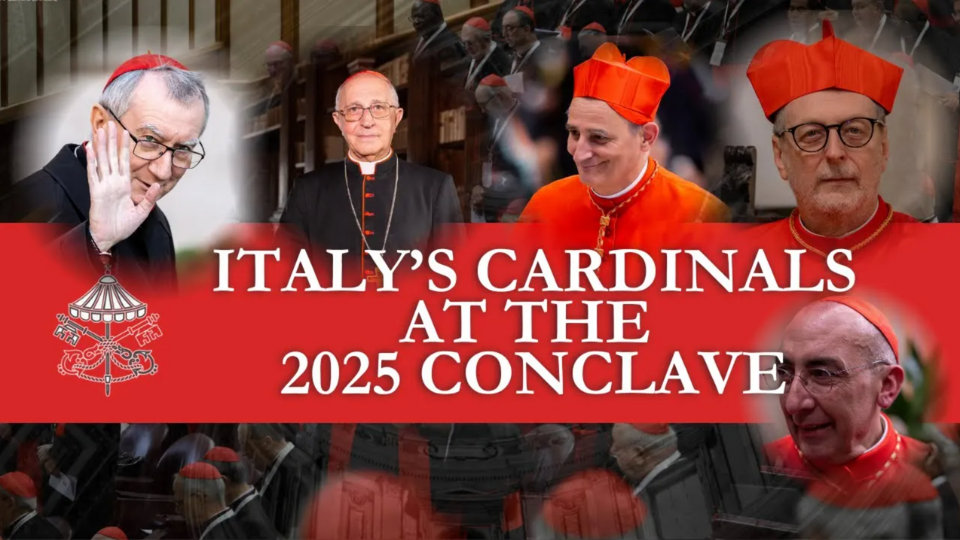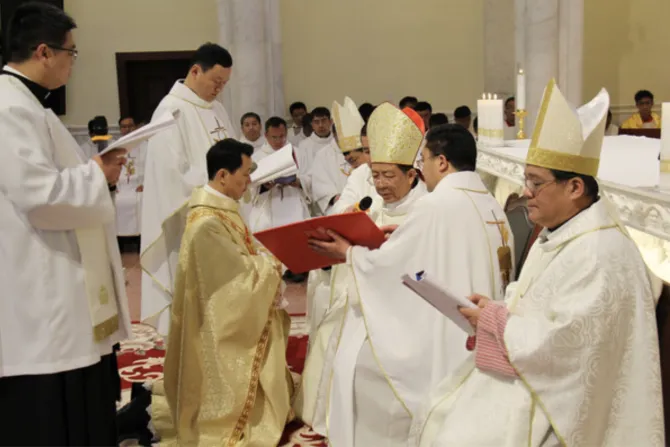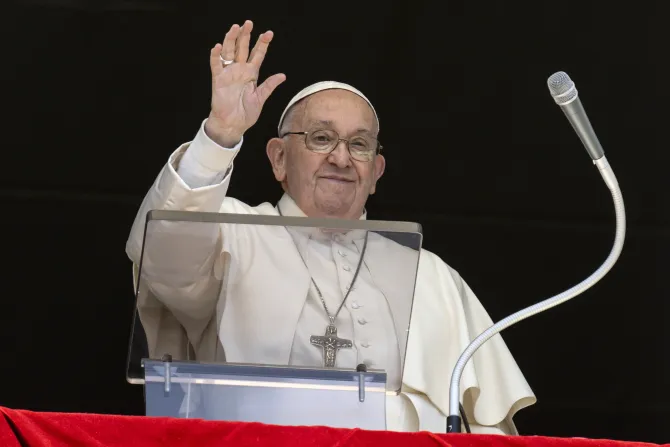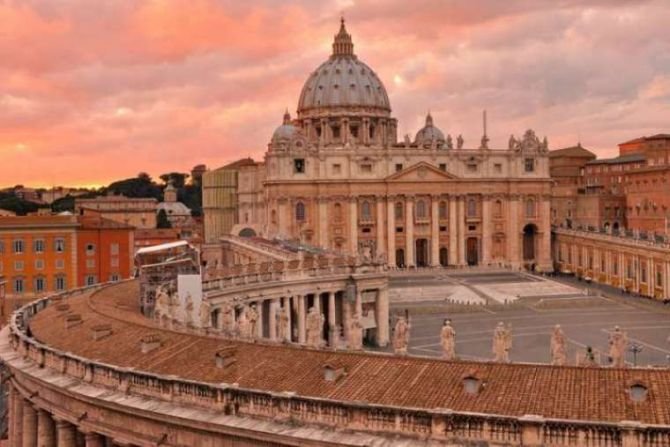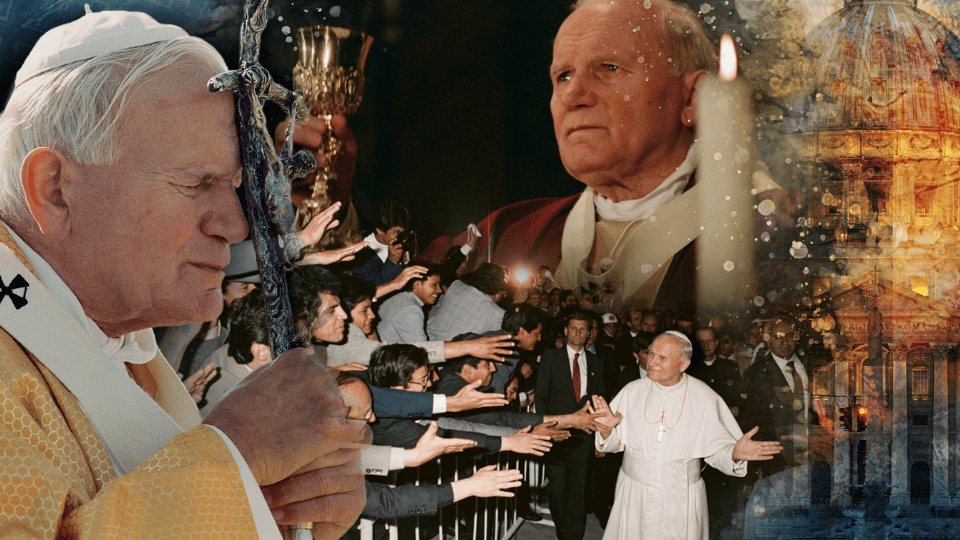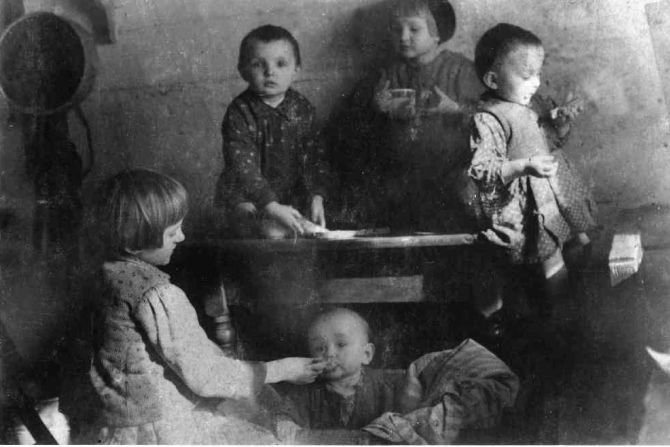As the Conclave set to begin on May 7 approaches, the single largest group of cardinal electors comes from Italy. With 17 Italian cardinal electors, Italy holds the largest number of voters from any one country—by far outpacing the next largest group, the United States, which has 10 electors, followed by Brazil with seven.
SIGN UP FOR OUR NEWSLETTER HERE
While numerically dominant, the number of Italian electors has actually declined since the last conclave in 2013, when there were 28 Italians among 115 voting cardinals. Nevertheless, the influence of the Italians remains significant—not only because of their numbers but also due to the key positions they hold within the Roman Curia. Many are among the best-known members of the College of Cardinals.
Pope Francis’s imprint on the Italian contingent is unmistakable, as he appointed all but two of the current Italian cardinal electors. Of these, seven serve in the Roman Curia or Vatican City, holding prominent positions in the governance of the Church.
They include Cardinal Marcello Semeraro, 77, prefect of the Dicastery for the Causes of Saints; Cardinal Angelo De Donatis, 71, Major Penitentiary of the Apostolic Penitentiary and one of the few cardinals to retain his office during the sede vacante; Scalabrinian missionary Cardinal Fabio Baggio, 60, under-secretary of the Dicastery for Promoting Integral Human Development; and Franciscan Cardinal Mauro Gambetti, 59, Archpriest of St. Peter’s Basilica, known for his role in implementing the 2021 restrictions on private and traditional Latin Masses in the basilica.
The youngest of the Curial Italians is Cardinal Baldassare Reina, 54, recently appointed Vicar General for the Diocese of Rome, where he has overseen Pope Francis’s sweeping overhaul of diocesan leadership and organization. Cardinal Claudio Gugerotti, 69, prefect of the Dicastery for the Eastern Churches, is a seasoned Vatican diplomat and liturgy expert, well-acquainted with both Eastern Catholic and Orthodox worlds. He was even considered as a possible alternative to Cardinal Matteo Zuppi as the Pope’s envoy in efforts to end the war between Russia and Ukraine.
By far the most prominent among the Italians is Cardinal Pietro Parolin, 70, Vatican Secretary of State since 2013 and a cardinal since 2014. Parolin is widely seen as one of the strongest contenders to succeed the late Holy Father and will be the most active of the cardinal bishops in the conclave. However, he has also drawn sharp criticism, particularly for the Vatican’s agreement with Communist China on bishop appointments—a deal that Beijing has repeatedly violated.
Two other Italian cardinals with close ties to the Holy See are Cardinal Mario Zenari, 79, Apostolic Nuncio to Syria, and Cardinal Fernando Filoni, also 79, Grand Master of the Equestrian Order of the Holy Sepulchre of Jerusalem and a cardinal appointed by Benedict XVI. Both are respected diplomats, with Filoni especially known for his global service, his tenure as prefect of the former Congregation for the Evangelization of Peoples, and his leadership of the 30,000-member order of knights and dames.
The remaining Italian cardinals serve across Italy’s dioceses and archdioceses. Notably, Pope Francis has left some historically important sees—such as Venice and Milan—without cardinal electors. Among the residential cardinals are Cardinal Giuseppe Betori, 78, Archbishop Emeritus of Florence (created cardinal by Benedict XVI); Cardinal Oscar Cantoni, 74, Bishop of Como; Cardinal Francesco Montenegro, 78, Archbishop Emeritus of Agrigento; and Cardinal Giuseppe Petrocchi, 76, Archbishop of L’Aquila.
Cardinal Domenico Battaglia, 62, Archbishop of Naples, is nicknamed a “street priest” for his pastoral work among the poor and addicts and is famed for his opposition to the Mafia. Another “street priest,” Cardinal Augusto Paolo Lojudice, 60, Archbishop of Siena-Colle di Val d’Elsa-Montalcino, is one of the youngest in the College and closely aligned with Pope Francis’s pastoral priorities, particularly outreach to the peripheries and welcome of immigrants.
Cardinal Roberto Repole, 58, Archbishop of Turin since 2022 and a cardinal since December 2024, is among the most progressive Italian prelates, leading a group of theologians and clerics advocating reforms in line with their vision of the Second Vatican Council. Though not seen as a papal candidate, he will play a key role in galvanizing support for progressive voices within the conclave.
Finally, alongside Parolin, the 69-year-old Archbishop of Bologna, Cardinal Matteo Zuppi, stands out as one of the most influential and best-known Italian cardinals. President of the Italian Bishops’ Conference and globally recognized for his role as the Pope’s peace envoy in Ukraine, Zuppi is viewed as a politically astute moderate firmly committed to continuity with Pope Francis’s vision for the Church.
Adapted by Jacob Stein

